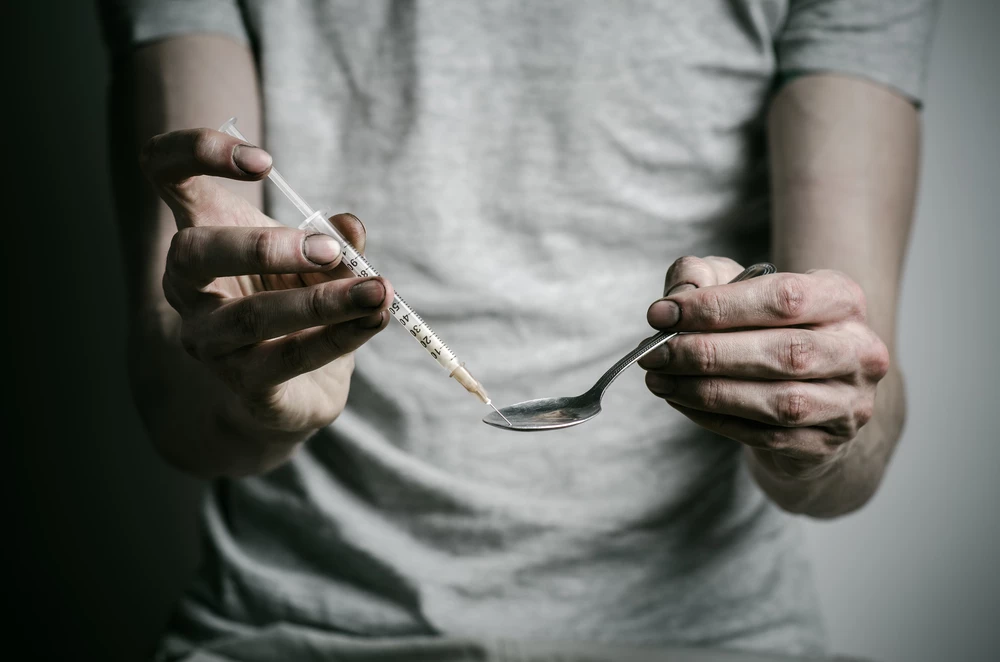Even after a lengthy period of abstinence, putting lingering memories of methamphetamine use to rest is a difficult and often impossible task for former users. Therapies are available to help people stay clean, but for many the lure remains irresistible with incredibly high relapse rates of more than 90 percent, according to the National Institute on Drug Abuse. But a research team is hoping to help addicts stay away from the devastating drug for good by developing a way to safely erase drug-associated memories.
Scientists at The Scripps Research Institute made an exciting breakthrough in 2013. They found that by inhibiting a protein called actin they could selectively delete memories associated with drug use, while leaving other long term memories, such as fear or food reward intact. But there was a slight problem. Because actin also happens to be critical for a functioning human body, even one dose of a drug that generally inhibited its activity would most likely prove fatal.
Through a new study, the same researchers have now identified an approach they say can selectively target actin in the brain of animals, without posing a danger to the rest of the body. It involves a molecular motor called nonmuscle myosin II (NMII) that supports memory formation. The team found by using a compound called blebbistatin, which inhibits NMII, they were able to affect the long-term storage of drug-associated memories.
More specifically, the team found that treating meth-addicted animals with a single injection of blebbistatin, meth-associated memories were disrupted and it blocked relapse for at least 30 days. Importantly, the drug was found to exclusively affect drug-associated memories and still left the animals capable of forming new ones.
Previous research efforts around the world have turned up some promising results in this area, with scientists looking to erase memories for a variety of reasons. In 2009, Dutch psychologists uncovered a mostly harmless beta-blocking drug that appeared effective in separating the panic emotion from the factual elements of memory, promising improved treatments for post-traumatic stress disorder (PTSD). We've seen similar research carried out in Canada and the US, with the latter even raising the possibility of restoring long-term memory.
Armed with its promising results, The Scripps Research Institute team will now push for the development of small molecule inhibitors of NMII as a means of decreasing the rate of relapse in meth addicts.
"We now have a viable target and by blocking that target, we can disrupt, and potentially erase, drug memories, leaving other memories intact," says Associate Professor Courtney Miller. "The hope is that, when combined with traditional rehabilitation and abstinence therapies, we can reduce or eliminate relapse for meth users after a single treatment by taking away the power of an individual’s triggers."
The research was published in the journal Molecular Psychiatry.
Source: The Scripps Research Institute




